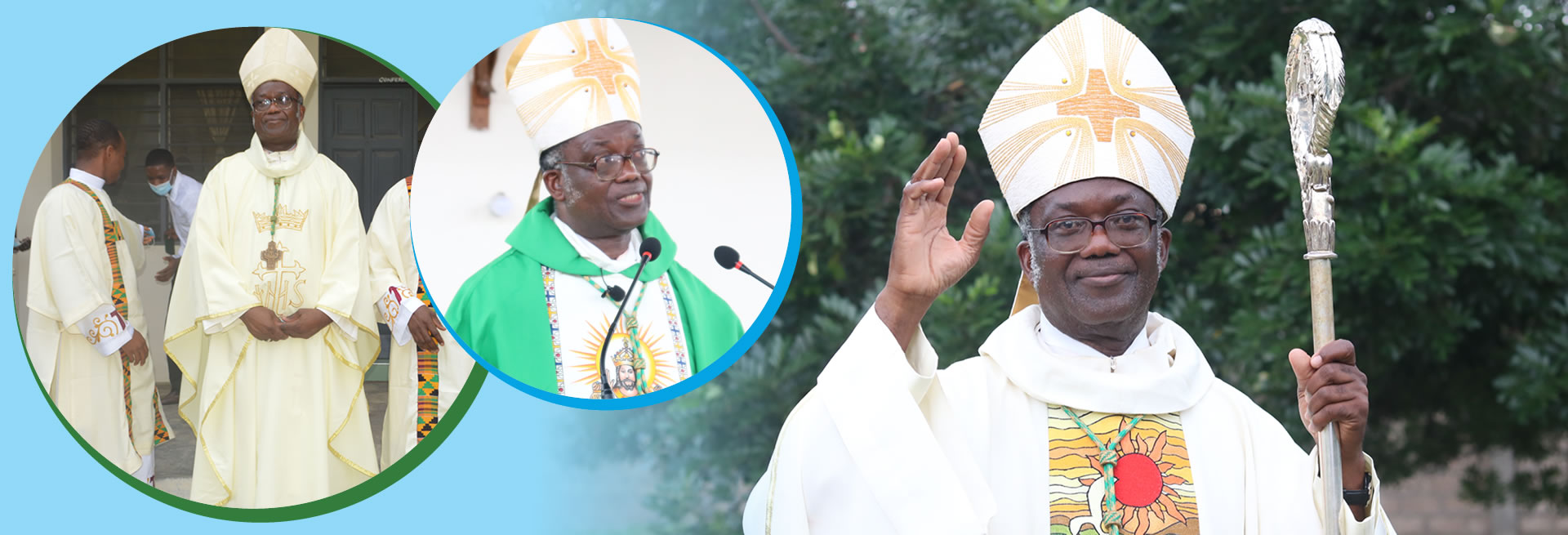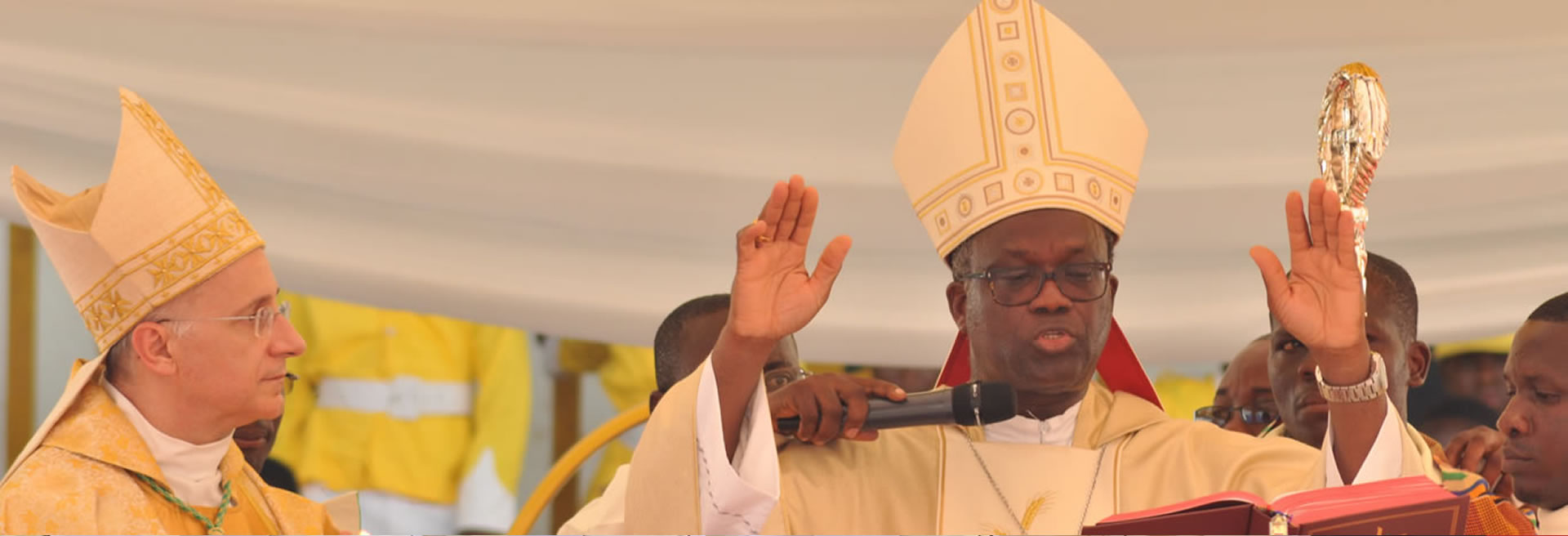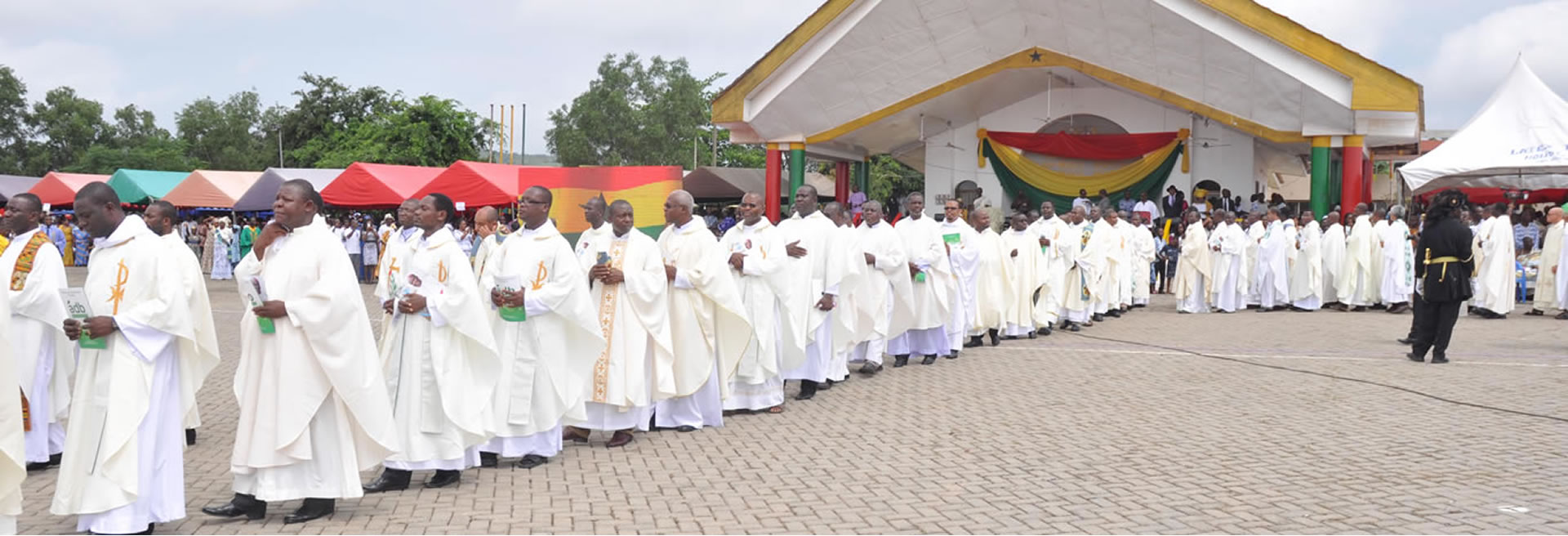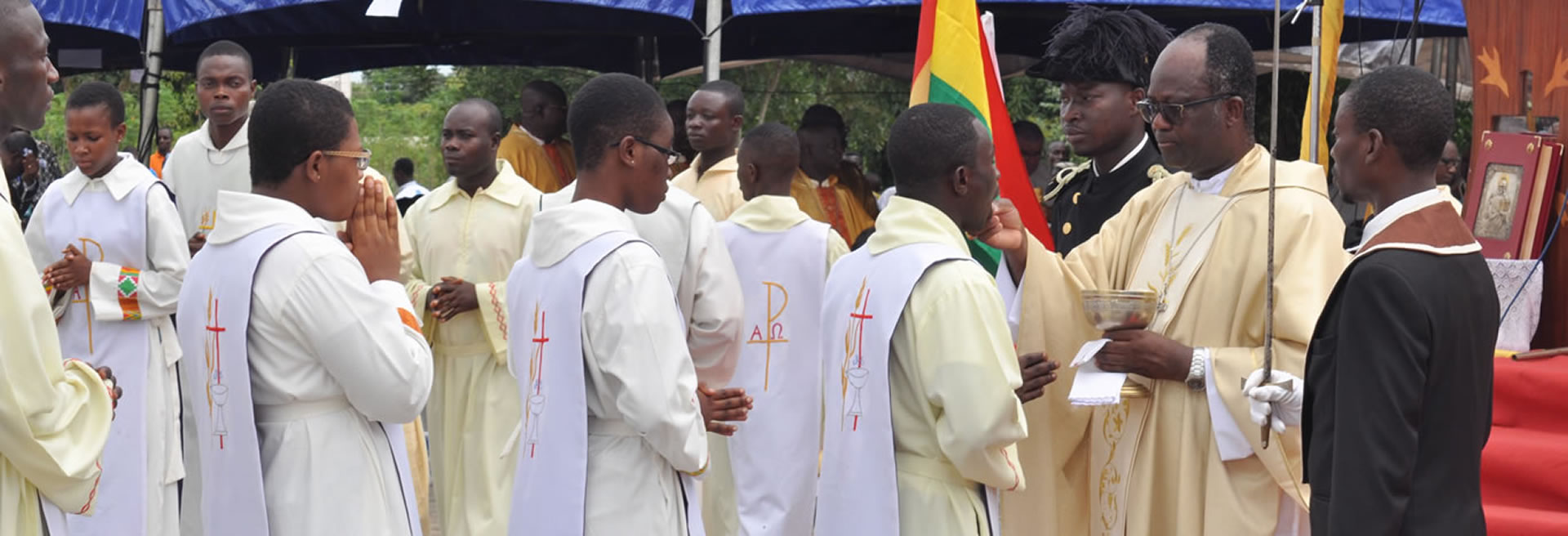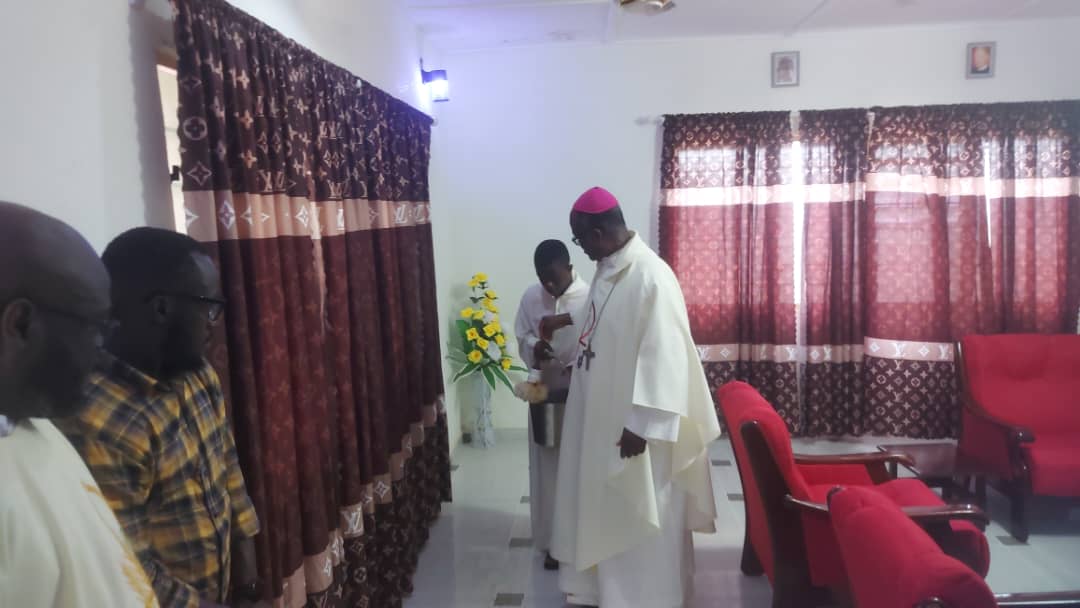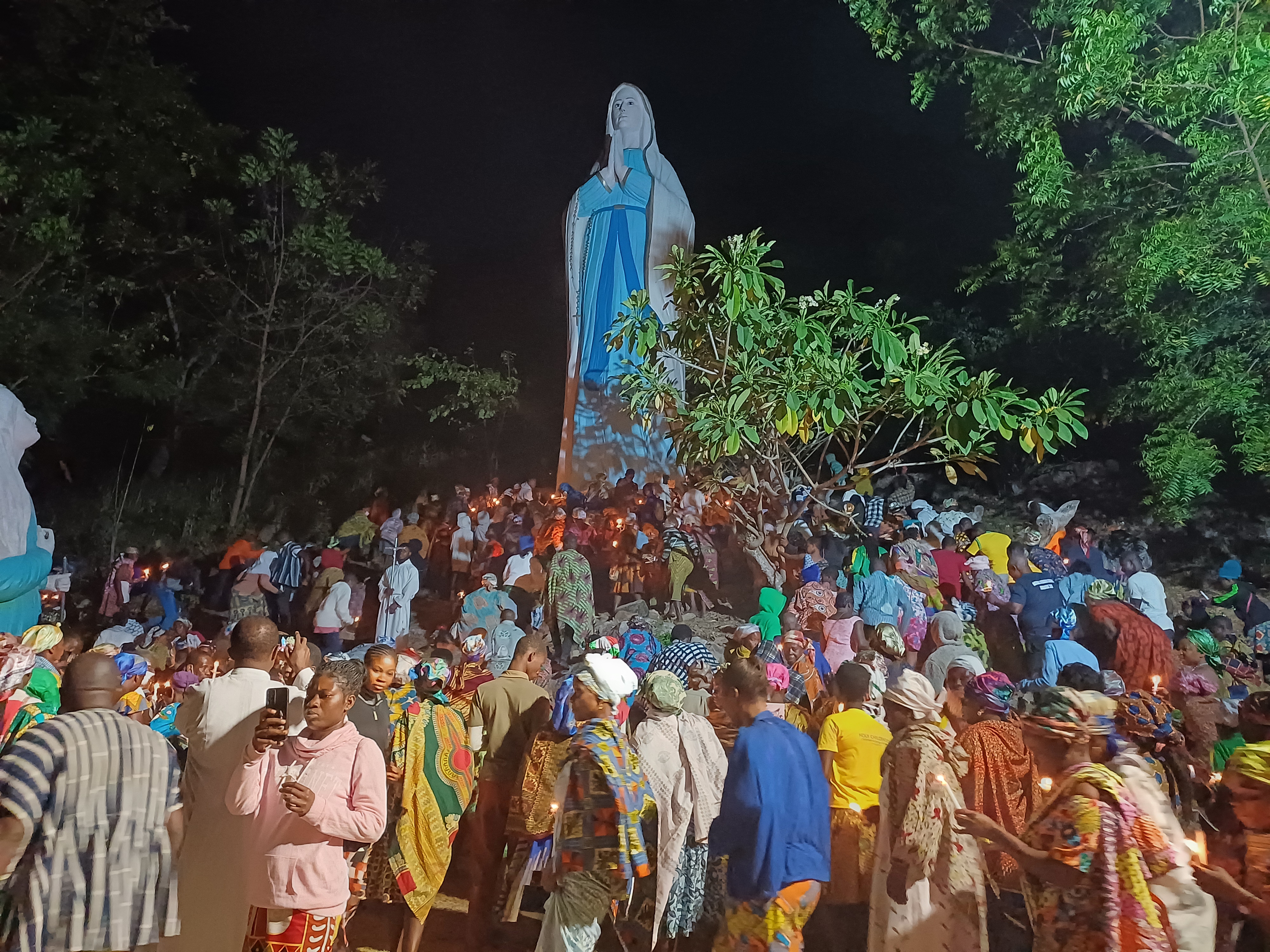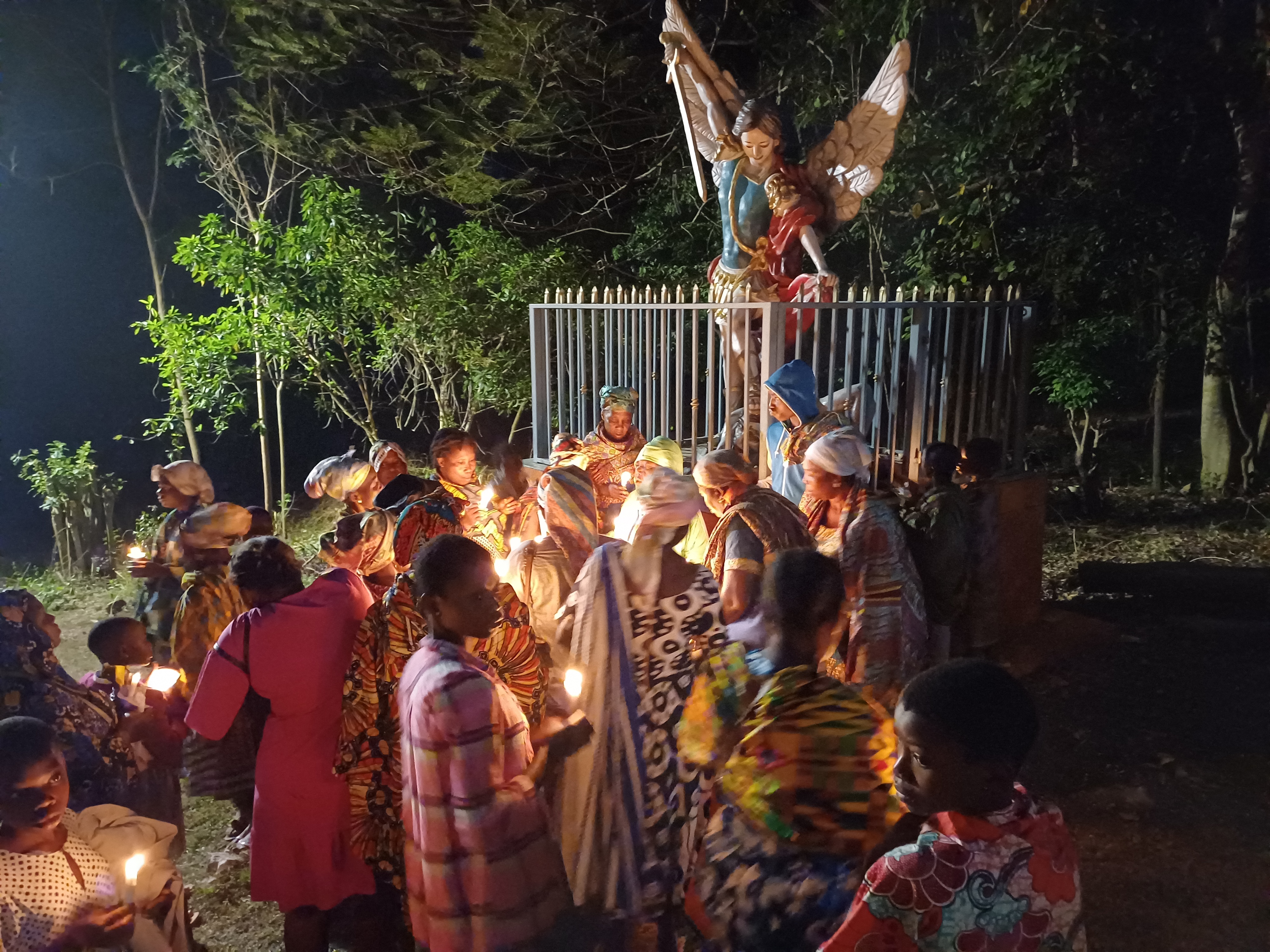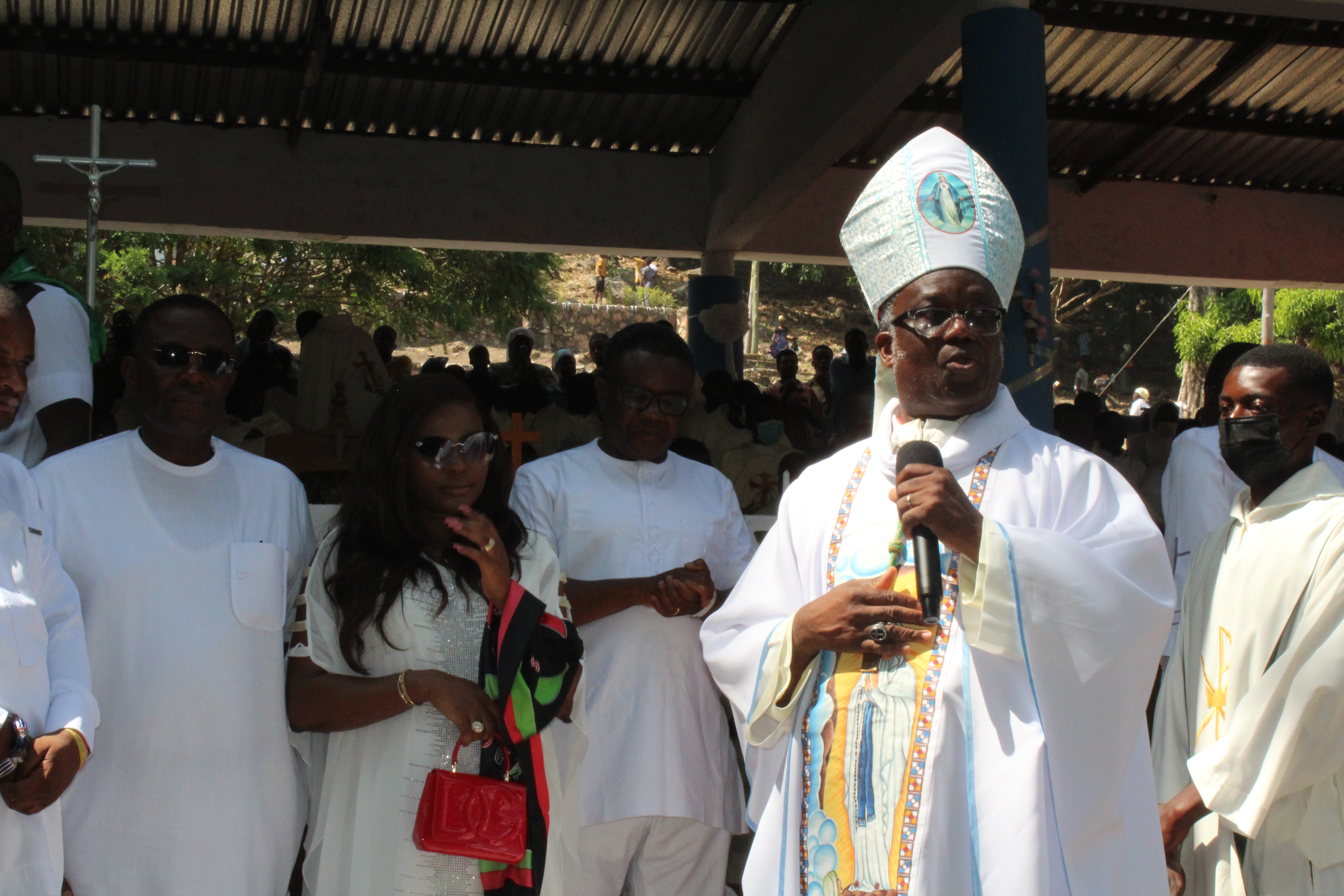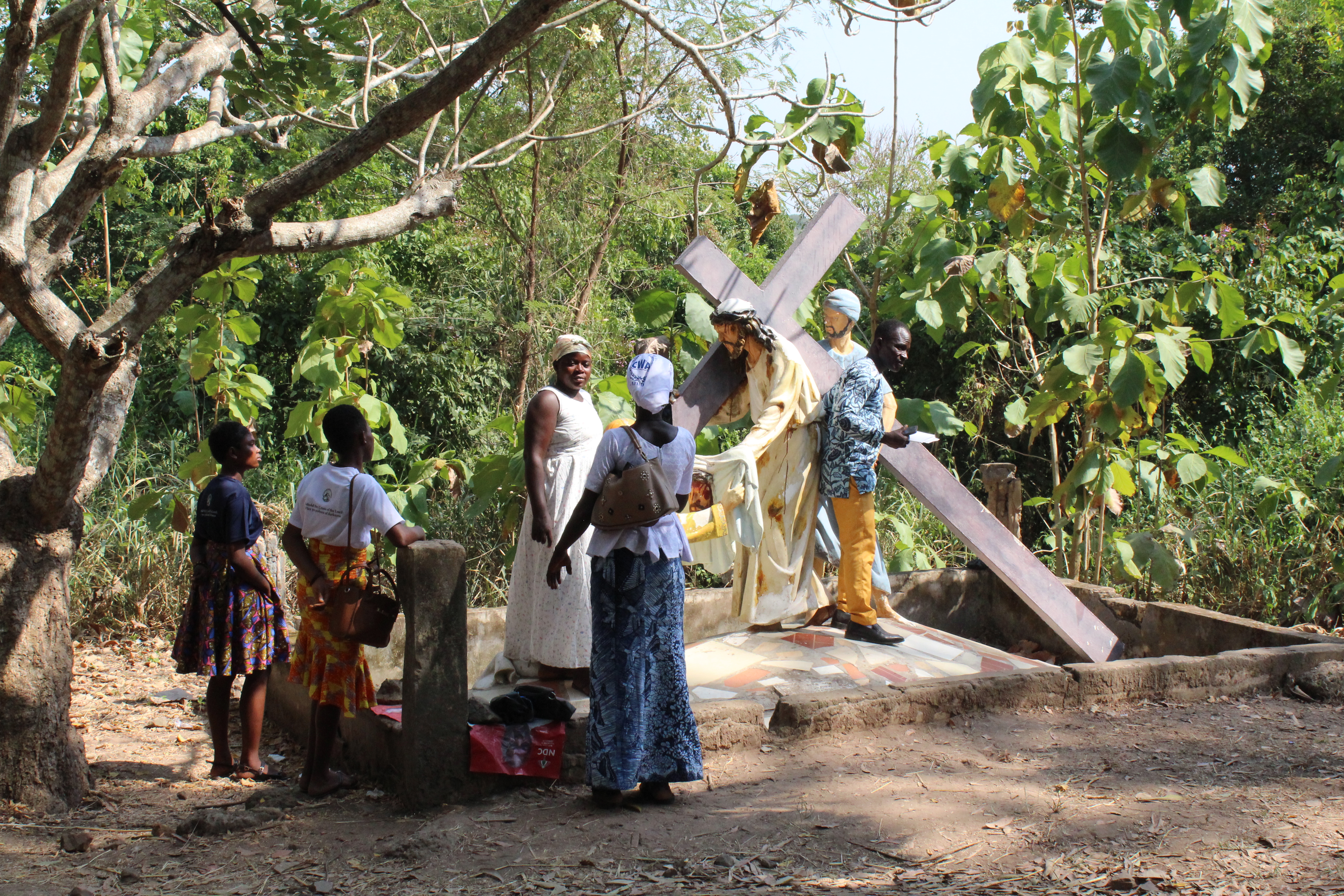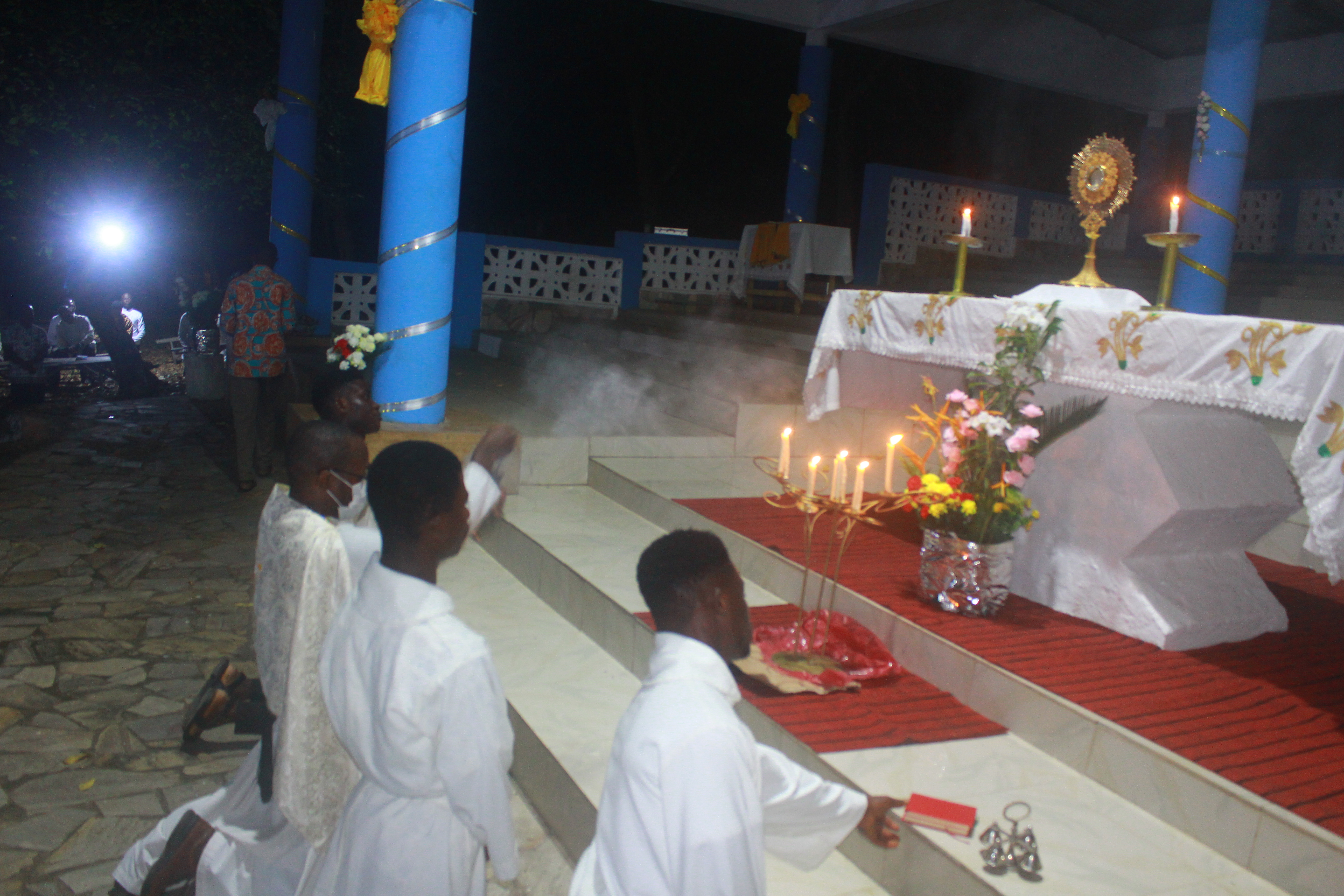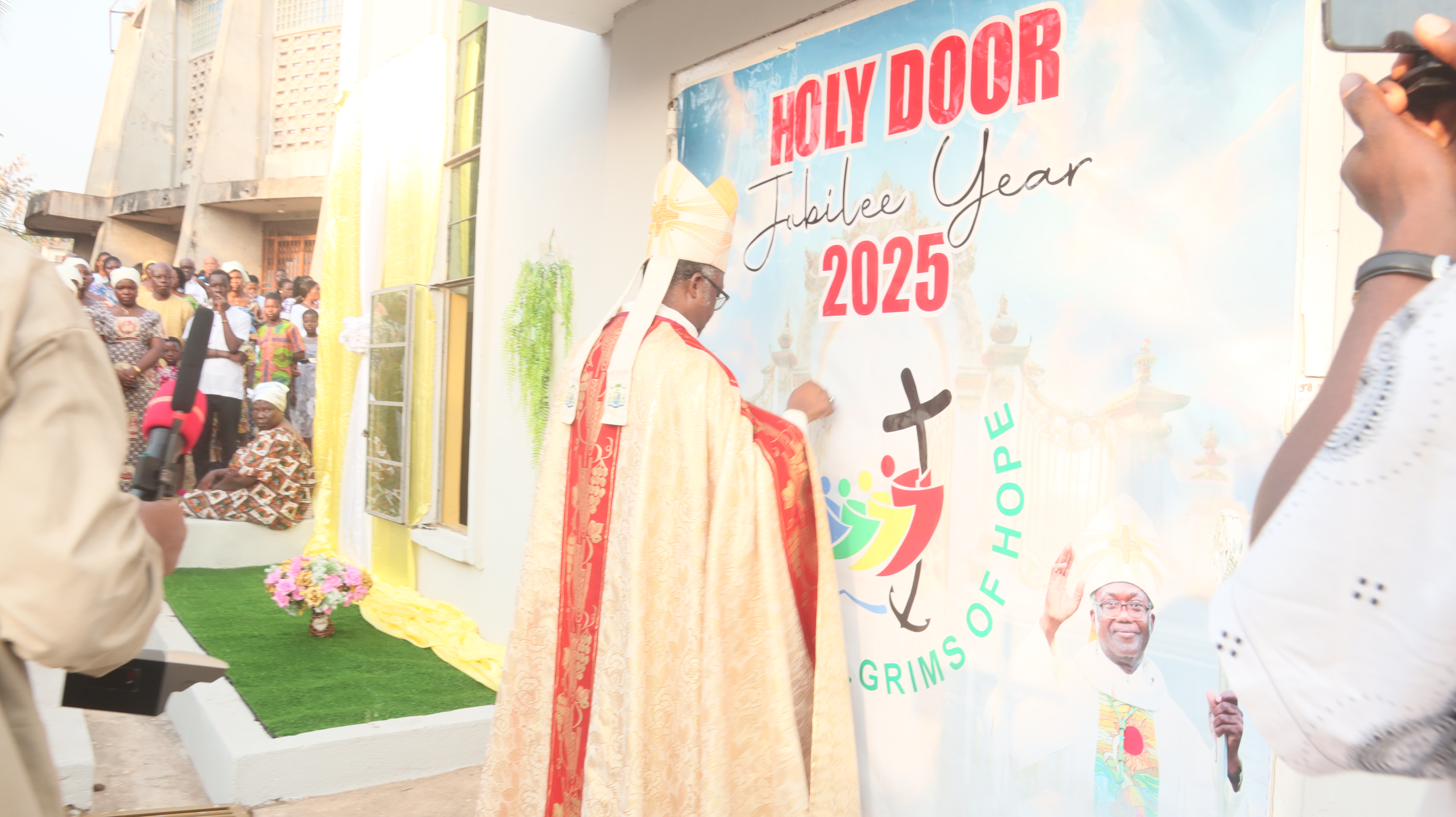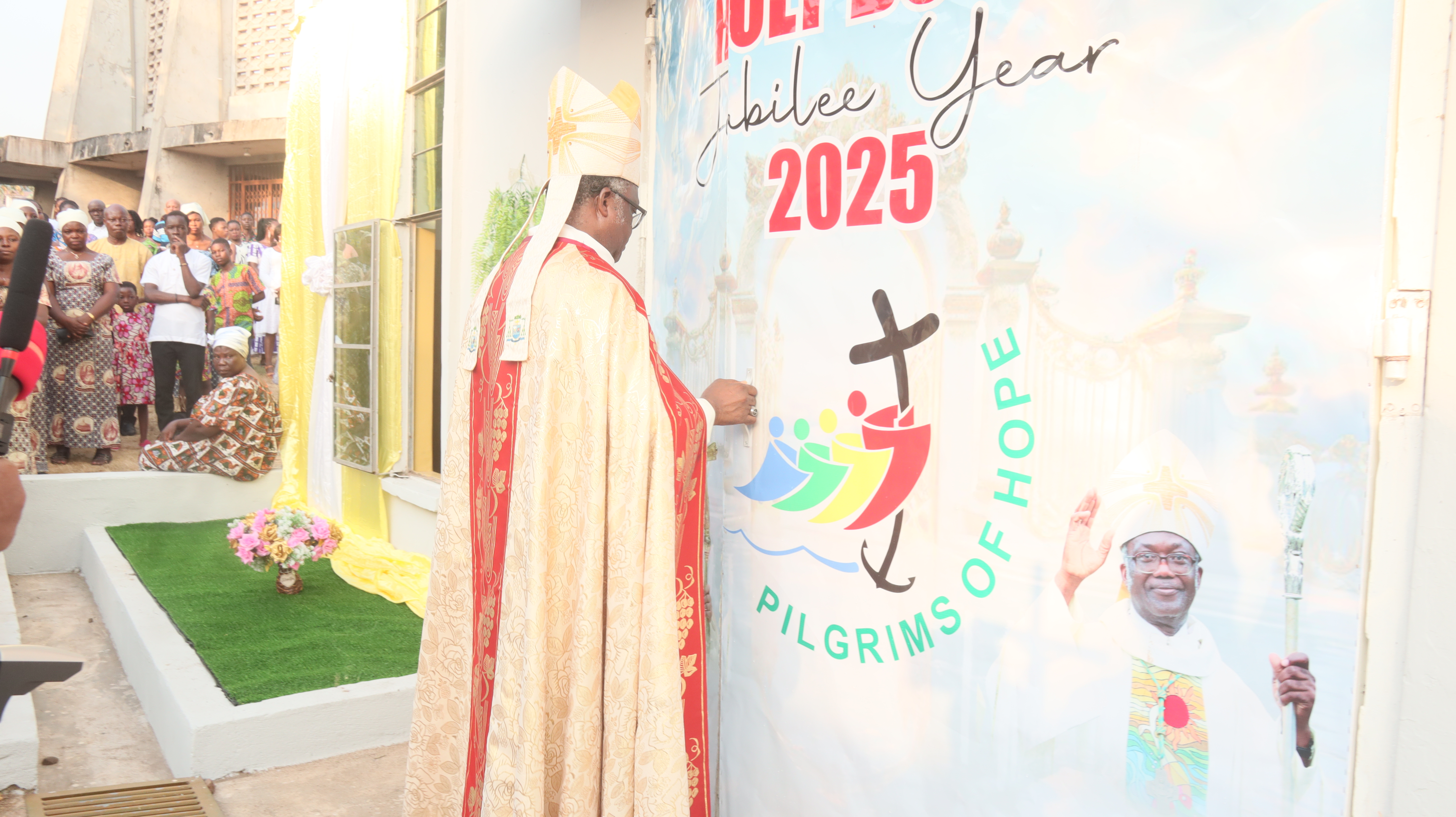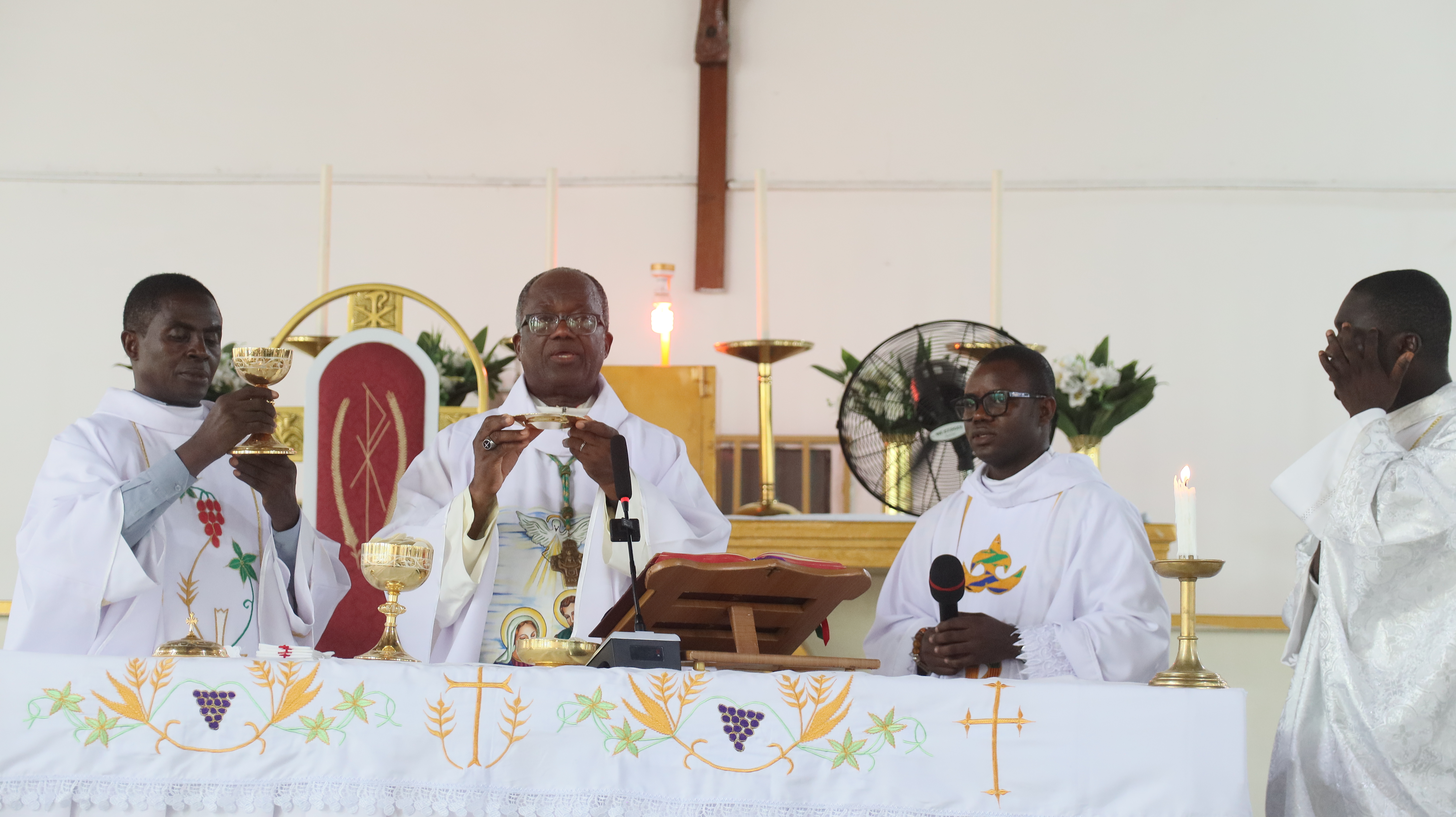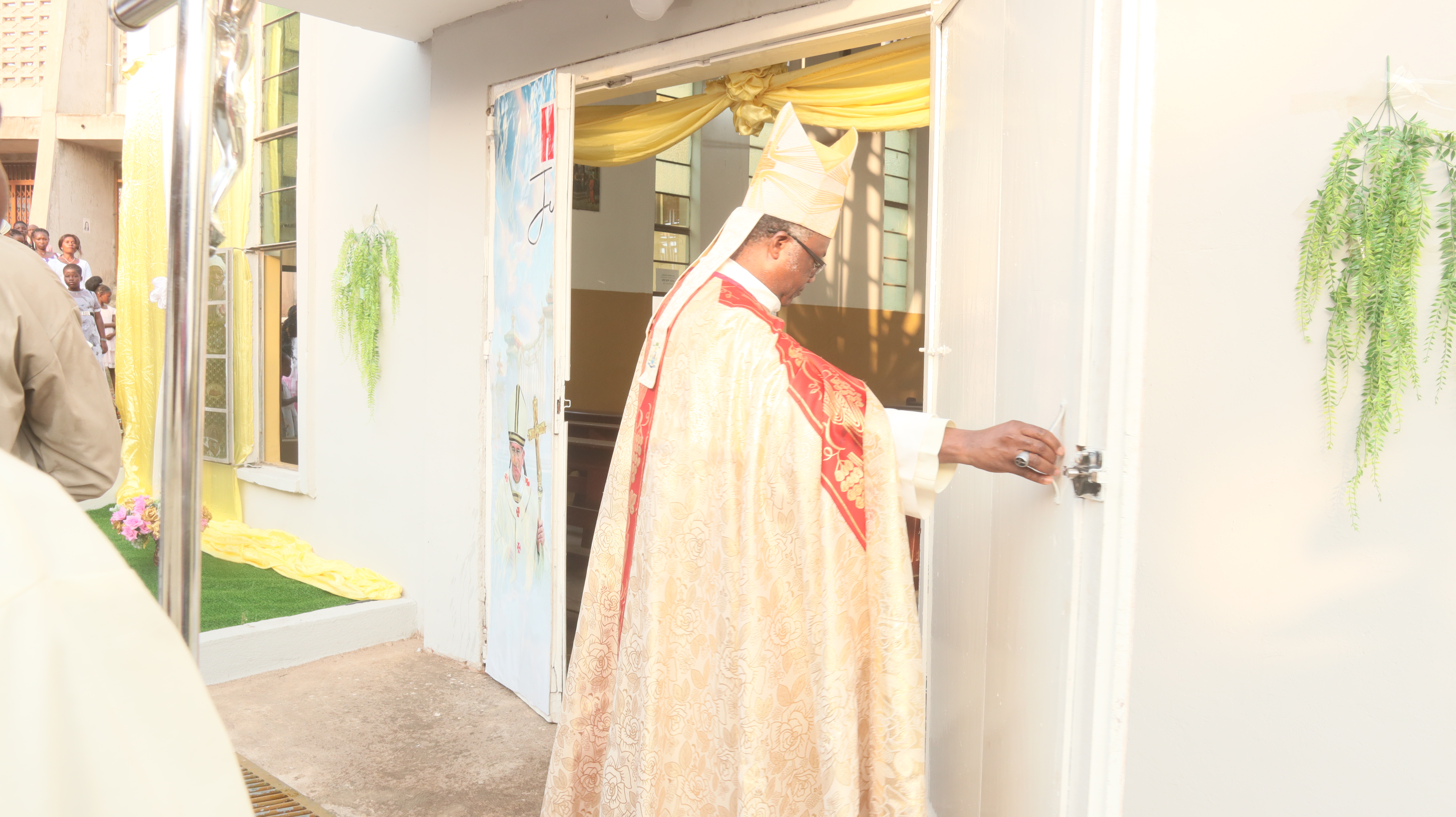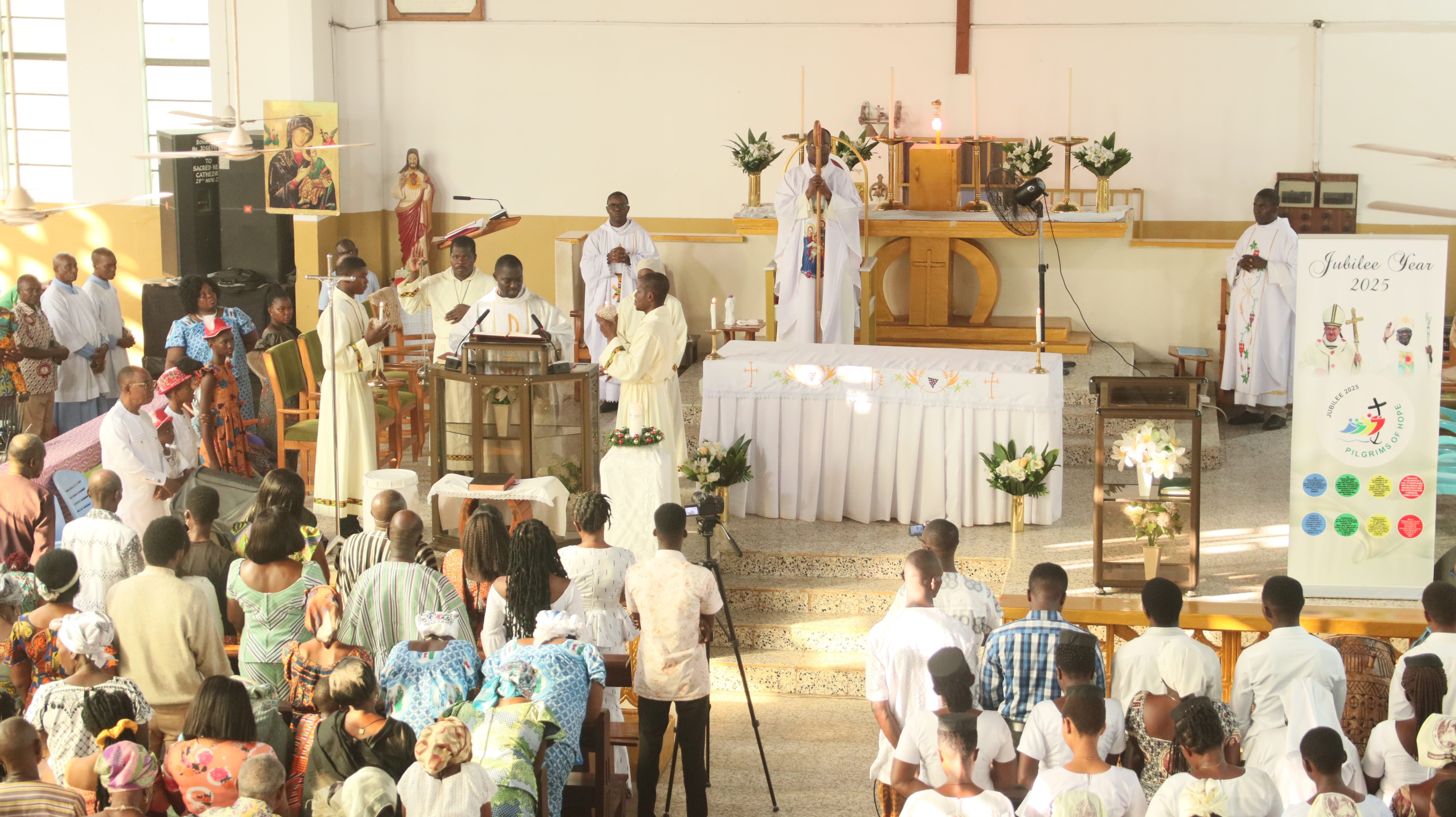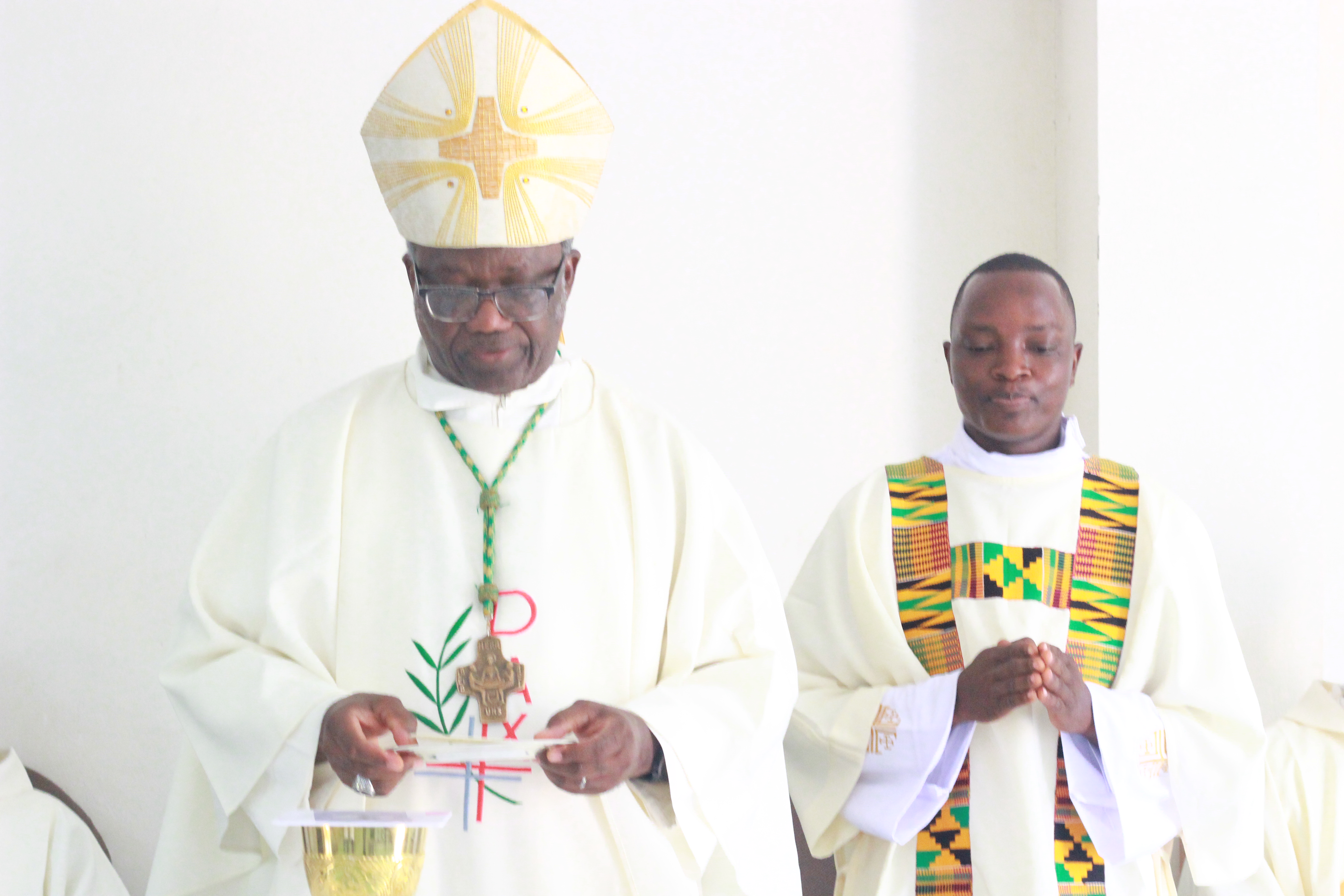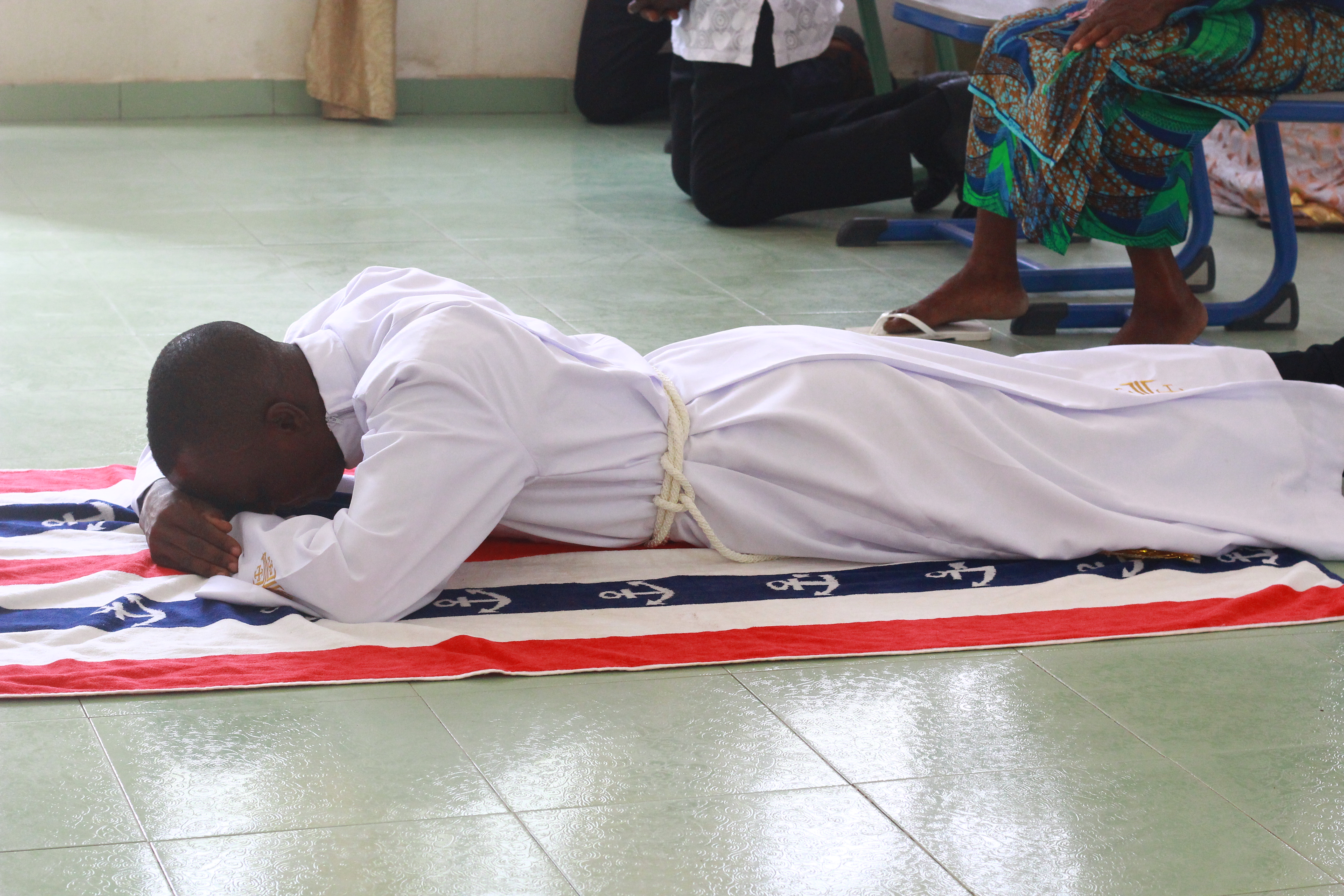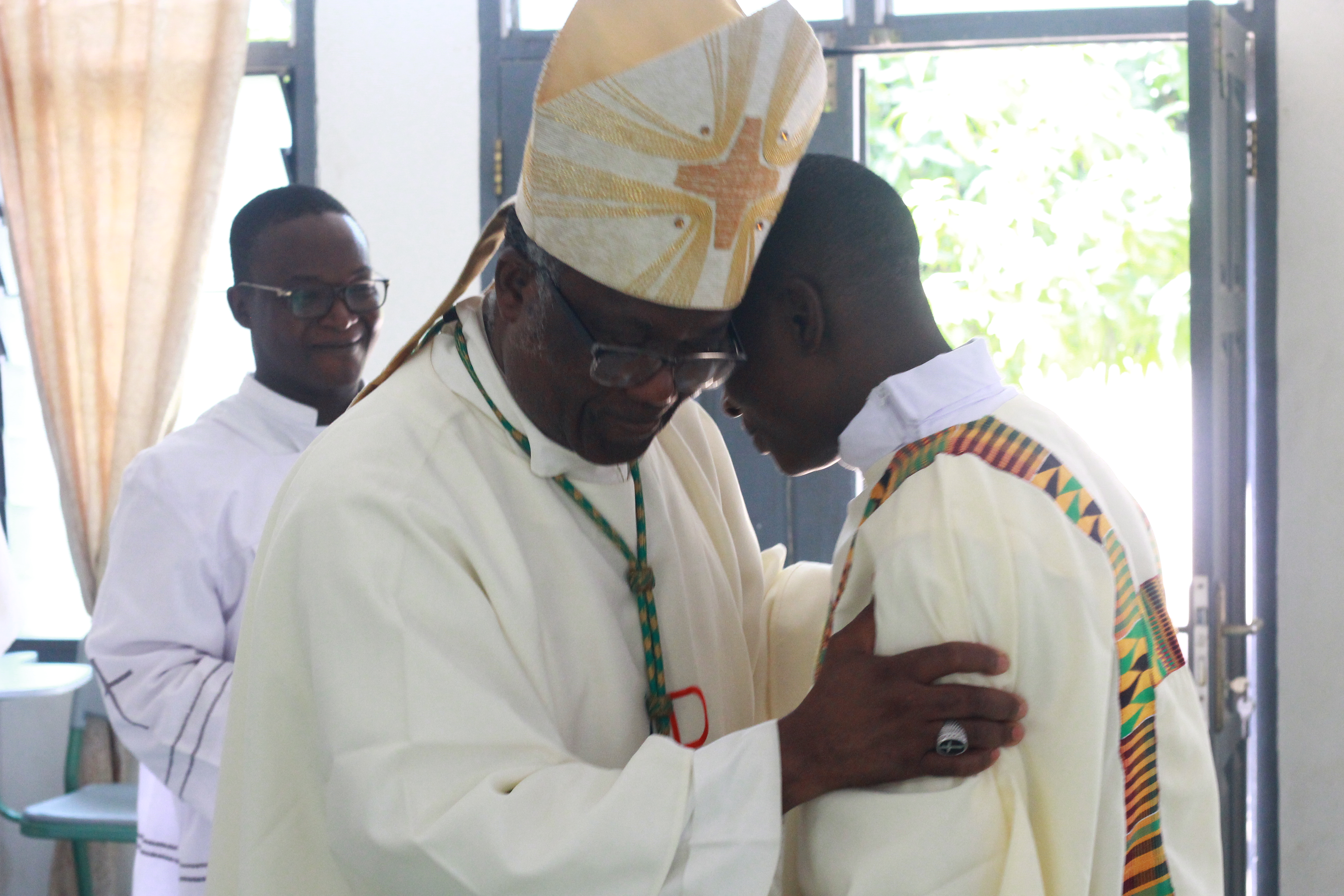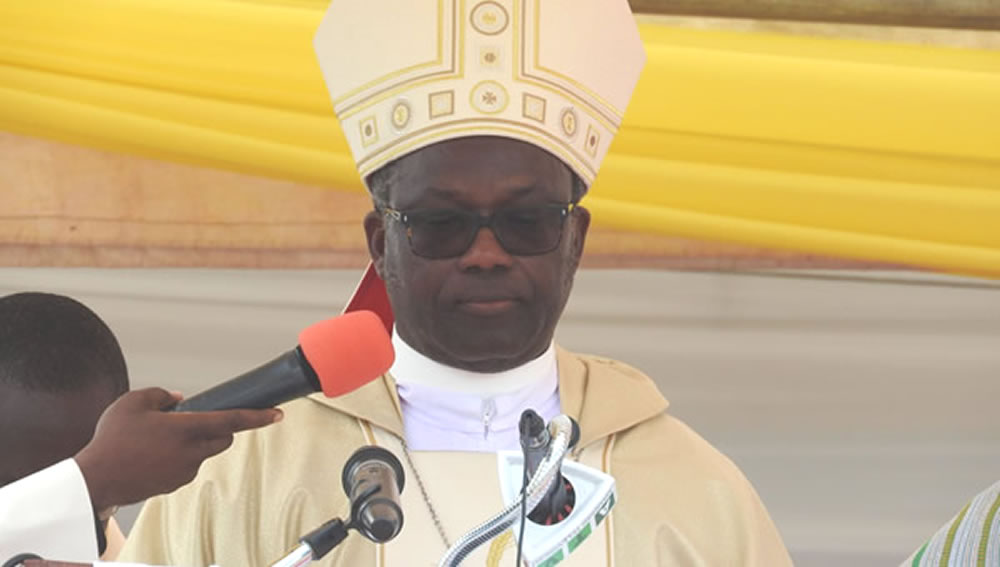Catholic Diocese of Ho Extends Aid to Mepe Flood Victims
The Catholic Diocese of Ho extended a helping hand to the Mepe Flood Victims at Mepe in the North Tongu District of the Volta Region on Thursday 14th November 2024.
The donations form part of the church's corporate responsibility to support the poor and the needy.
The Vicar General of Ho Diocese, Very Rev. Fr. Walter Mawusi Agbetoh stated that items donated are from the Parishioners and well wishes of the Diocese.
He indicated that the Diocese launched an appeal to solicit relief items from the church. Items donated included over 200 bags of rice, Toiletries, clothing, and an undisclosed amount of money to over 200 Victims.
Fr Agbtoh explained that the Diocese decided to distribute relief items to the disaster victims at this time because the general public has largely forgotten about their suffering and many of the victims are still struggling to return to normal life.
The Assembly Member for Mepe Electoral Area, Amos Ahorsu Borlor, expressed his gratitude to the Diocese on behalf of flood victims for the kind gestures and stated that the timing was right since some of the victims are still going through a lot.
He indicated that the flooding had caused severe damage to properties running into millions.
He further called on benevolent organizations and churches to support the victims of the flooding.
The delegation was led by the Vicar General of the Diocese, Very Rev Fr Walter Mawusi Agbetoh, the Cathedral Administrator, Very Rev Fr Isaac Benuyenah, the Diocesan Financial Administrator and his Assistant, Rev. Fr David Dodzi Zatey and Rev. Fr Godwin Eli Pasah, the Director of Social Communications, Rev. Fr Samuel Eco Kornu, and some youth from the Sacred Heart Cathedral Ho Bankoe.
DEPSOCOM Ho 2024

